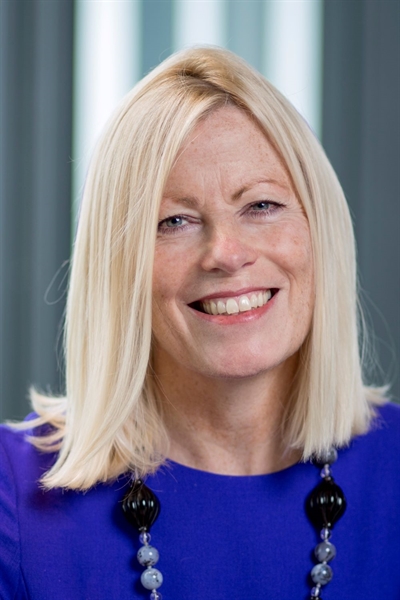“There is a perception and stereotype that leaders are all powerful and self-confident, driving the organisation forward. Actually, I think that leaders should share their vulnerabilities so that people realise that you can still be very successful, even though you have a number of areas for development and continual improvement.
“I suffer from imposter syndrome. For much of my career I’ve been able to manage it, but at times it’s been debilitating. I put myself forward for a big role in 2014, that was very public. I made the final two, but I wasn’t selected. It really knocked my confidence and made me doubt myself, my achievements and my future. It took a long time to overcome this, even though I had lots of support and was given another amazing opportunity. It impacted my confidence in that next role.
“One of the most impactful things I’ve done has been to talk about it openly. In a Deloitte Green Room podcast I spoke to CMHA CEO Poppy Jaman on whether I will ever feel good enough for my job. Not only was this a cathartic experience for me, but I also got an amazing response, from many people saying that they have similar challenges and what a relief it was to realise that they were not alone. This has empowered me to share my challenges with imposter syndrome very openly, and it still has an incredible impact on me when people share their stories in return.”
How has the CMHA helped Deloitte to achieve that openness?
“We’re enormously proud that Deloitte is a founding member of CMHA UK, and of the Alliance in Australia. It’s been fantastic to see CMHA going from strength to strength, producing great thought leadership through guides, assessments and support around the Thriving at Work standards.
“It’s also driven by business leaders, which brings mental health conversations to the boardroom. We hear senior leaders share their own stories, which I think is critical because there is great power in vulnerability as it enables people to connect on a human level. As we all know leading from the top is key to ensure these conversations permeate throughout the organisation.”
“Our wellbeing team participates in regular CMHA meetings, where organisations have been coming together as a community to face the challenges together and share experiences of different initiatives that have worked.
“We all compete for business in the market, but in the CMHA community, we work together on a common vision for more mentally healthy organisations around the world.”
Resources
- Deloitte Green Room podcast: Will I ever feel good enough for my job?
- Become a CMHA member
- CMHA’s workplace mental health assessment
- CMHA’s Thriving at Work Guide
- CMHA’s Global workplace mental health framework





